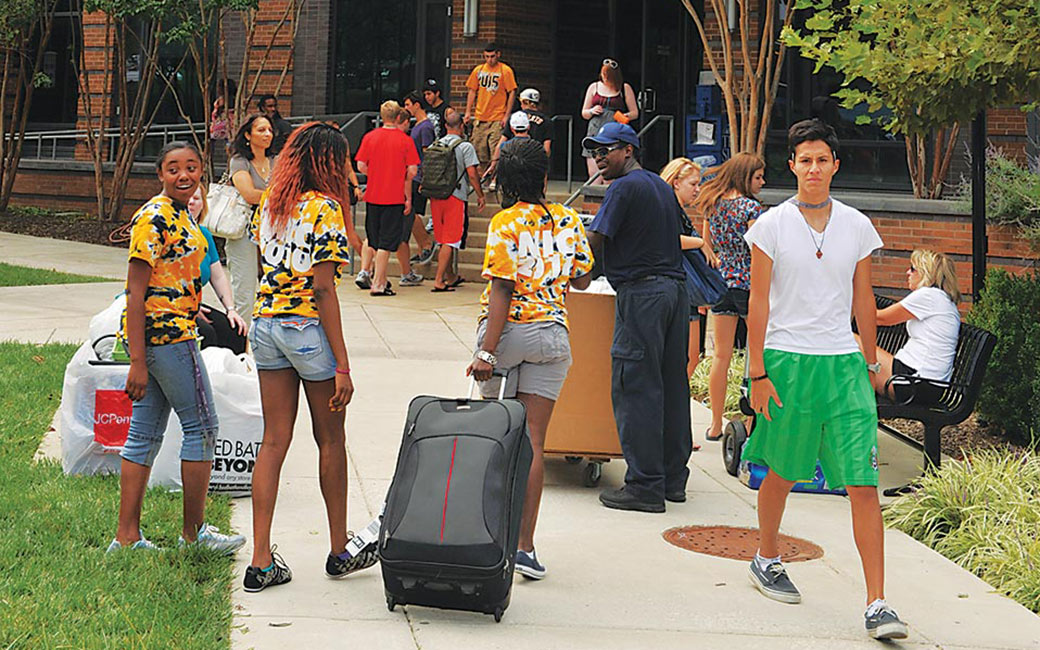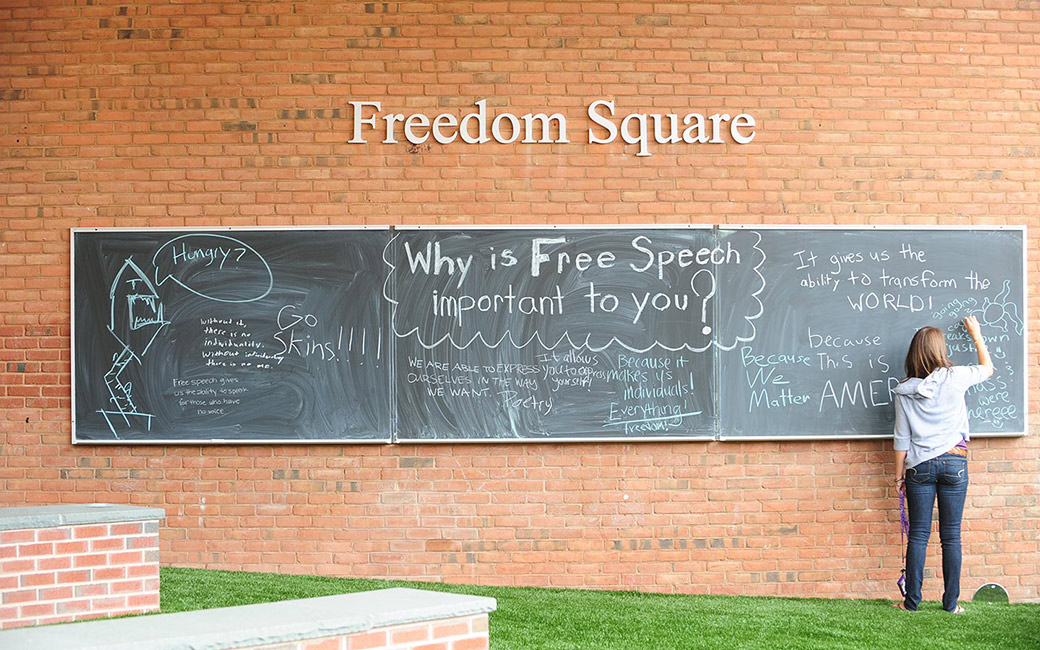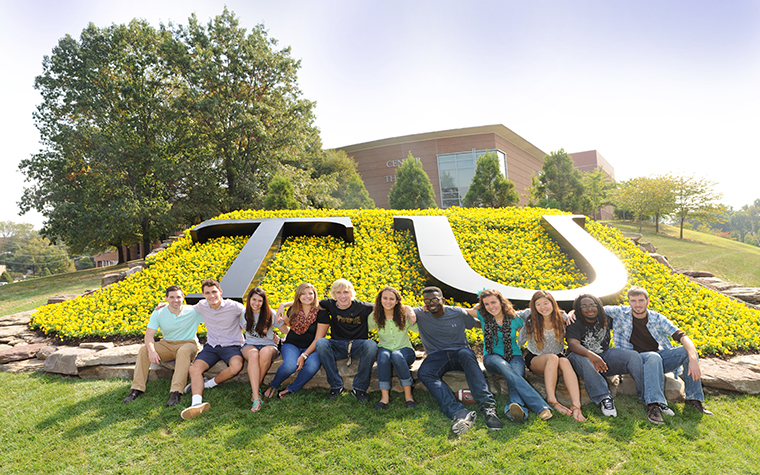
Cultural Identity Resources
We recognize that as complex human beings we may identify with a variety of identities. While we are unable to provide information regarding all of these intersections, we hope you might find some useful information in the pages outlined below.
Explore the pages listed below to access the cultural identity you are trying to learn more about!
Racial/Ethnic Identities
Asian Identity
Learn more about the variety of backgrounds and identities that are often grouped into the "Asian Identity" category.
In this space you find more information about cultural diversities, strategies to challenge stereotypes, and support for issues unique to this identity.
Black Identity
As of Spring 2021, the enrollment of African American or Black students was listed as approximately 25% of the overall student population.
There is considerable diversity within the Black community, as these students come from many parts of the world, including Africa, the Caribbean, and South America. It is clear that black students come to campus with an array of strengths.
Latinx Identity
In addition to the difficulties encountered by the majority of college students, Latinx college students might encounter unique challenges that are connected to their minority status on campus as well as the population at large.
Multicultural Awareness
Regardless of your own ethnic/racial identities, we at the Counseling Center reiterate how important a commitment to the value of multicultural awareness is to being a prosocial citizen on campus.
White Identity
We recognize that recent events have spotlighted ideas about privilege and, in particular, white privilege. This is a nuanced and complicated issue to consider and we've collected a few links to help you better understand the issue.
Unique Identities
First Generation College Students
First generation college students are typically identified as students whose parents have no college or university experience. These students come to college with many strengths, including motivation, resilience, responsibility, and commitment.
Gender Identity
How an individual identifies and expresses their gender can vary (e.g., male, female, non-gendered, intersex, transgender/trans*, gender-queer, etc.).
Gender identity is fluid and non-binary. While many of us have been raised with the concepts of masculinity and femininity being strictly associated with male and female sex organs respectively, gender identity is far more complex.
International Student
The number of international students studying at U.S. colleges and has grown steadily since the 1950’s. More than 300 international students attend Towson University each year (about 2%). These students come from over 100 countries and bring a wealth of knowledge and skills to campus.
Non-Traditional Students
We recognize that nontraditional students have many priorities in their lives and attend school for a variety of reasons. This space is designed to provide information for adult students at Towson University who are returning to school, re-entering after an extended absence, or attending for the first time.
Sexual Orientations
Sexual orientation falls on a continuum and refers to our emotional / romantic / sexual preferences. In other words, who we are drawn to. Like many identities, sexual orientation/identity involves a developmental process that impacts how we feel towards ourselves and those around us.
Transfer Students
Towson transfer students come from a number of local, regional, and distant colleges and universities, making up a large percentage of Towson’s student population. If you are a transfer student at Towson, you are not alone.
Veterans, Active Service Members, & Their Family
Military and Veteran students come from a number of local, regional, and distant colleges and universities, making up a large percentage of Towson’s student population. If you are a transfer student at Towson, you are not alone.

